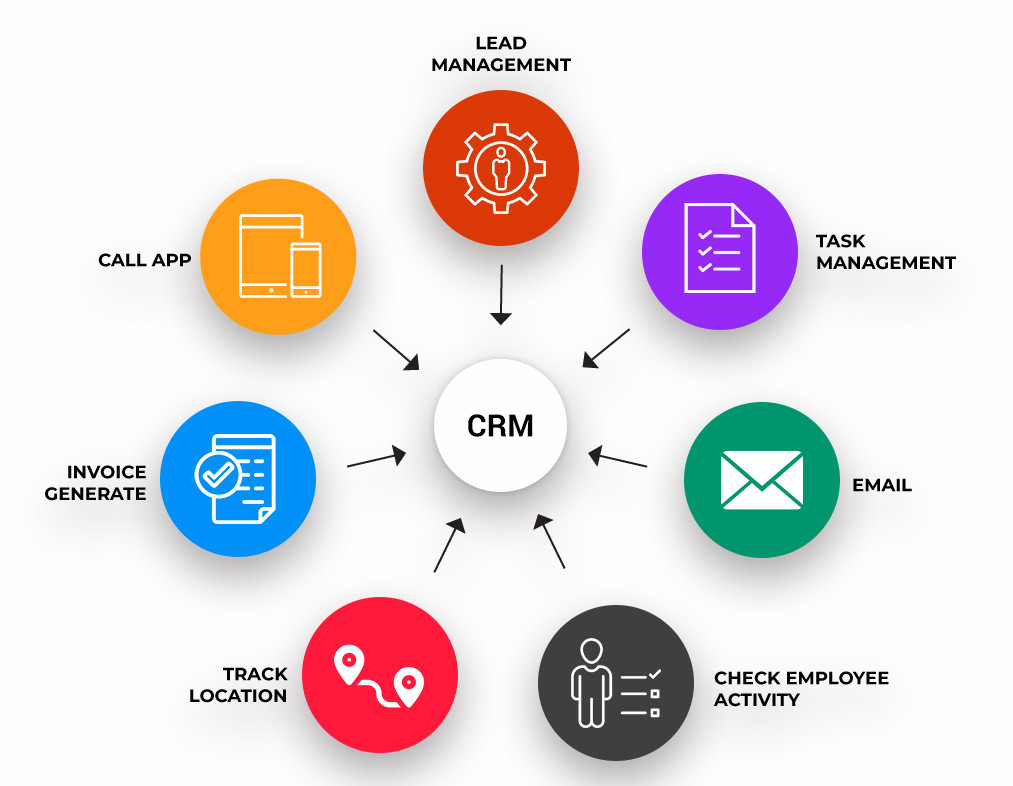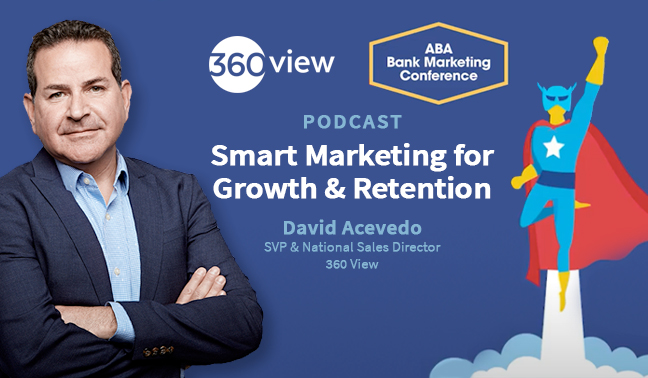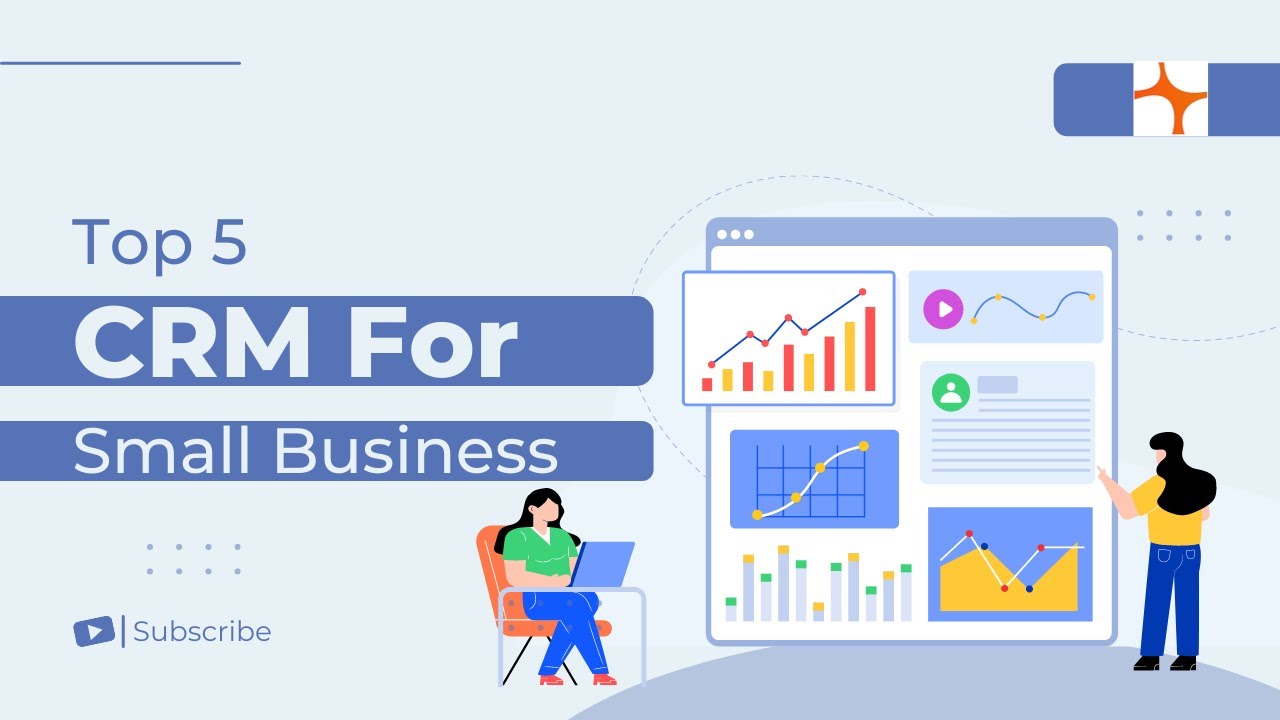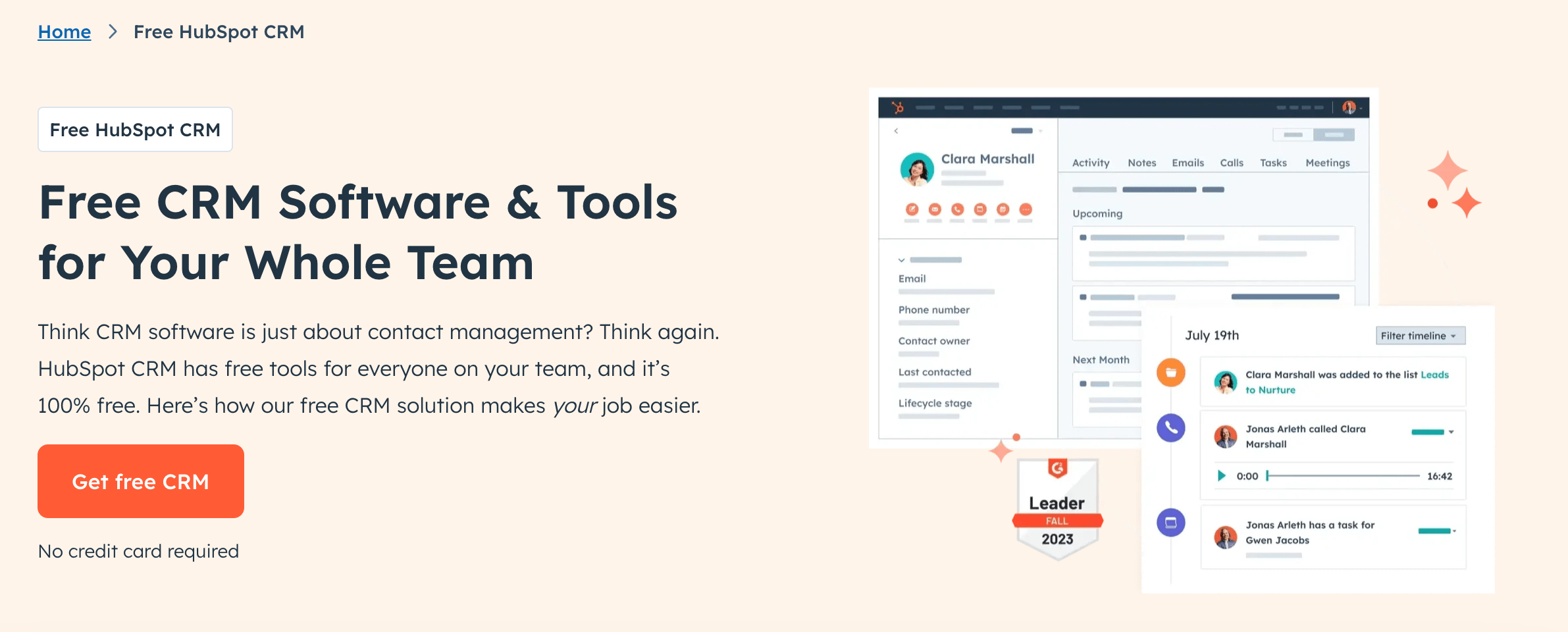Boost Customer Engagement and Sales: A Comprehensive Guide to CRM Marketing and Customer Surveys

Boost Customer Engagement and Sales: A Comprehensive Guide to CRM Marketing and Customer Surveys
In today’s fiercely competitive business landscape, understanding and nurturing your customer relationships is no longer optional—it’s essential. CRM (Customer Relationship Management) marketing, combined with the insights gleaned from customer surveys, offers a powerful synergy. This dynamic duo empowers businesses to not only understand their customers better but also to tailor their marketing efforts for maximum impact, drive sales, and foster lasting loyalty. This comprehensive guide delves deep into the world of CRM marketing and customer surveys, providing you with the knowledge and tools to transform your customer interactions and achieve remarkable business results.
Understanding the Foundations: CRM and Its Marketing Power
At its core, CRM is a system designed to manage all your company’s interactions with current and potential customers. Think of it as a centralized hub for everything related to your customer relationships. This includes contact information, purchase history, communication logs, and much more. But CRM is far more than just a database; it’s a strategic approach to building and maintaining strong, profitable customer relationships.
The Key Benefits of CRM
- Improved Customer Understanding: CRM systems provide a 360-degree view of your customers, allowing you to understand their preferences, behaviors, and needs.
- Enhanced Customer Service: With readily available customer data, your support teams can provide faster, more personalized assistance.
- Increased Sales and Revenue: By identifying and targeting the right customers with the right offers, CRM can significantly boost sales.
- Streamlined Marketing Campaigns: CRM enables you to segment your audience and personalize your marketing messages, leading to higher conversion rates.
- Better Decision-Making: CRM provides valuable data and insights that inform your business decisions and strategies.
CRM marketing is the application of CRM principles and tools to your marketing efforts. It’s about using customer data to create targeted, relevant, and personalized marketing campaigns that resonate with your audience. This approach moves away from generic, mass-market strategies and embraces a more customer-centric approach.
Key Components of CRM Marketing
- Customer Segmentation: Dividing your customer base into distinct groups based on demographics, behaviors, and preferences.
- Personalization: Tailoring your marketing messages and offers to individual customer needs and interests.
- Automation: Using software to automate repetitive marketing tasks, such as email campaigns and social media posting.
- Lead Management: Tracking and nurturing potential customers through the sales funnel.
- Analytics and Reporting: Measuring the performance of your marketing campaigns and making data-driven adjustments.
Unveiling the Power of Customer Surveys
Customer surveys are invaluable tools for gathering direct feedback from your customers. They provide a window into their experiences, expectations, and perceptions of your brand. By using surveys effectively, you can uncover valuable insights that can inform your business decisions and drive improvements.
Types of Customer Surveys
- Customer Satisfaction Surveys (CSAT): Measure overall customer satisfaction with your products, services, or support.
- Net Promoter Score (NPS) Surveys: Gauge customer loyalty and willingness to recommend your brand.
- Customer Effort Score (CES) Surveys: Assess the ease with which customers can interact with your business.
- Product Feedback Surveys: Gather feedback on specific products or features.
- Market Research Surveys: Explore customer needs, preferences, and trends.
Each type of survey serves a specific purpose, and the choice of which to use depends on your goals and objectives. However, all surveys share the same underlying goal: to gather valuable insights that can help you improve your business.
Best Practices for Customer Surveys
- Keep it concise: Shorter surveys are more likely to be completed.
- Ask clear and relevant questions: Avoid jargon and ambiguous language.
- Use a mix of question types: Include multiple-choice, rating scales, and open-ended questions.
- Make it mobile-friendly: Ensure your surveys can be easily accessed on smartphones and tablets.
- Offer incentives: Consider offering a small reward for completing the survey.
- Analyze the results: Don’t just collect data; analyze it to identify trends and insights.
- Take action: Use the feedback to make improvements to your products, services, or processes.
Integrating CRM and Customer Surveys: A Winning Combination
The true power of CRM marketing and customer surveys is unleashed when they are used together. By integrating these two tools, you can create a closed-loop system that continuously improves your customer relationships and drives business growth. This integration allows you to personalize the customer experience, anticipate their needs, and deliver exceptional service.
How to Integrate CRM and Customer Surveys
- Connect your CRM system to your survey platform: This allows you to automatically send surveys to customers based on their interactions with your business.
- Use survey data to enrich your CRM profiles: Capture survey responses directly within your CRM system to create a more comprehensive view of your customers.
- Segment your audience based on survey responses: Use survey data to create targeted marketing campaigns that address specific customer needs and preferences.
- Track customer behavior and preferences over time: Monitor how customer attitudes and behaviors change over time based on survey responses and other CRM data.
- Personalize your communications: Use survey data to personalize your email campaigns, website content, and other communications.
For example, you could send a CSAT survey to customers after they interact with your customer support team. The survey responses can be automatically added to their CRM profile. If a customer provides negative feedback, the CRM system can trigger an alert to a support representative, allowing them to follow up and address the issue promptly. This integration ensures that no customer feedback is lost and that every interaction is an opportunity to improve the customer experience.
Step-by-Step Guide: Implementing CRM Marketing and Customer Surveys
Implementing CRM marketing and customer surveys might seem daunting, but with a clear plan and a step-by-step approach, you can successfully integrate these tools into your business. Here’s a guide to get you started:
Step 1: Choose the Right CRM and Survey Tools
The first step is to choose the right tools for your business. When selecting a CRM system, consider the following factors:
- Features: Does the CRM system offer the features you need, such as contact management, sales automation, marketing automation, and reporting?
- Scalability: Can the CRM system grow with your business?
- Ease of use: Is the CRM system user-friendly and easy to navigate?
- Integration: Does the CRM system integrate with your existing tools and platforms?
- Pricing: Does the CRM system fit within your budget?
For customer surveys, consider these factors:
- Survey types: Does the survey platform offer the types of surveys you need?
- Customization: Can you customize the surveys to match your branding?
- Distribution options: Does the platform offer multiple distribution options, such as email, website, and social media?
- Reporting and analytics: Does the platform provide robust reporting and analytics capabilities?
- Integration: Does the survey platform integrate with your CRM system?
- Pricing: Does the survey platform fit within your budget?
Step 2: Define Your Goals and Objectives
Before you start implementing CRM marketing and customer surveys, it’s essential to define your goals and objectives. What do you hope to achieve? Are you trying to improve customer satisfaction, increase sales, or reduce churn? Having clear goals will help you measure your success and make informed decisions.
Consider these questions:
- What are your key performance indicators (KPIs)?
- What specific improvements do you want to see?
- Who will be responsible for implementing and managing the CRM and survey programs?
Step 3: Set Up Your CRM System and Survey Platform
Once you’ve chosen your tools, it’s time to set them up. This involves importing your existing customer data into your CRM system, customizing the system to meet your specific needs, and designing and deploying your surveys. Make sure to train your employees on how to use the tools effectively.
Step 4: Segment Your Audience and Personalize Your Campaigns
Use the data in your CRM system and survey responses to segment your audience into distinct groups. Then, create personalized marketing campaigns that target each segment with relevant messages and offers. Personalization is key to driving engagement and conversions.
Step 5: Launch Your Surveys and Collect Feedback
Distribute your surveys to your customers using the appropriate channels. Encourage customers to participate by offering incentives or highlighting the importance of their feedback. Make it easy for customers to complete the surveys by making them mobile-friendly and concise.
Step 6: Analyze the Data and Make Improvements
Regularly analyze the data collected from your CRM system and customer surveys. Identify trends, insights, and areas for improvement. Use this data to optimize your marketing campaigns, improve your products and services, and enhance the overall customer experience. This is an ongoing process, so make it a habit to review your data regularly.
Step 7: Monitor, Evaluate, and Refine
Continuously monitor the performance of your CRM marketing and survey programs. Track your KPIs and evaluate the results of your campaigns. Make adjustments as needed to optimize your strategies and achieve your goals. The customer landscape is always evolving, so it’s essential to adapt your approach to stay ahead of the curve.
Real-World Examples: CRM Marketing and Surveys in Action
To illustrate the power of CRM marketing and customer surveys, let’s look at a few real-world examples:
Example 1: E-commerce Retailer
An e-commerce retailer uses its CRM system to track customer purchase history. They then send targeted email campaigns to customers based on their past purchases. For example, customers who recently purchased running shoes receive an email promoting new running apparel. They also send a post-purchase survey asking customers about their satisfaction with the shoes and the shopping experience. The survey data is used to identify areas for improvement and to personalize future communications.
Example 2: SaaS Company
A SaaS company uses its CRM system to track customer usage data. They send in-app surveys to customers to gather feedback on specific features. They also use NPS surveys to gauge customer loyalty. Based on the survey results, they identify customers who are at risk of churn and proactively reach out to them to offer support and address their concerns. They also use the feedback to improve their product and customer support.
Example 3: Healthcare Provider
A healthcare provider uses its CRM system to manage patient records. They send appointment reminders and follow-up surveys to patients after their visits. The surveys ask about their satisfaction with the care they received. The healthcare provider uses the survey data to identify areas for improvement, such as wait times or communication with staff. They also use the CRM to personalize communications, such as sending birthday greetings and health tips.
Overcoming Challenges: Common Pitfalls and Solutions
While CRM marketing and customer surveys offer significant benefits, there are also challenges to overcome. Here are some common pitfalls and solutions:
Challenge 1: Poor Data Quality
Pitfall: Inaccurate, incomplete, or outdated customer data can lead to ineffective marketing campaigns and poor customer service.
Solution: Implement data validation processes, regularly clean your data, and encourage employees to update customer information. Consider using data enrichment services to fill in missing information.
Challenge 2: Lack of Integration
Pitfall: If your CRM system and survey platform are not integrated, it can be difficult to correlate data and gain a comprehensive view of your customers.
Solution: Choose CRM and survey platforms that integrate seamlessly, or use a third-party integration tool to connect them.
Challenge 3: Low Survey Response Rates
Pitfall: If customers don’t complete your surveys, you won’t have enough data to make informed decisions.
Solution: Keep your surveys concise, offer incentives, send surveys at the right time, and use multiple distribution channels.
Challenge 4: Failure to Take Action
Pitfall: Collecting data is useless if you don’t use it to make improvements.
Solution: Analyze your data regularly, identify trends, and take action to address customer concerns and improve your products and services.
Challenge 5: Employee Buy-In
Pitfall: If your employees don’t understand the importance of CRM marketing and customer surveys, they may not use the tools effectively.
Solution: Provide training, communicate the benefits of CRM marketing and customer surveys, and involve employees in the process.
The Future of CRM Marketing and Customer Surveys
The landscape of CRM marketing and customer surveys is constantly evolving, with new technologies and trends emerging. Here are some of the key developments to watch:
- Artificial Intelligence (AI): AI is being used to automate marketing tasks, personalize customer interactions, and predict customer behavior.
- Machine Learning (ML): ML algorithms are being used to analyze customer data and identify patterns that can inform marketing strategies.
- Chatbots: Chatbots are becoming increasingly sophisticated, providing instant customer support and gathering customer feedback.
- Voice of the Customer (VoC) Platforms: VoC platforms are integrating data from multiple sources, such as surveys, social media, and customer support interactions, to provide a holistic view of the customer experience.
- Privacy and Data Security: With growing concerns about data privacy, businesses are focusing on data security and ensuring compliance with regulations such as GDPR and CCPA.
As these technologies continue to evolve, CRM marketing and customer surveys will become even more powerful tools for businesses to connect with their customers, drive sales, and build lasting loyalty.
Conclusion: Embracing the Power of Customer-Centricity
In conclusion, CRM marketing and customer surveys are essential components of a successful customer-centric strategy. By integrating these tools, businesses can gain a deep understanding of their customers, personalize their marketing efforts, and deliver exceptional customer experiences. This, in turn, leads to increased sales, improved customer loyalty, and sustainable business growth.
Embrace the power of customer-centricity and start leveraging CRM marketing and customer surveys today. By putting your customers at the heart of your business, you can create a winning formula for success in today’s competitive market.





